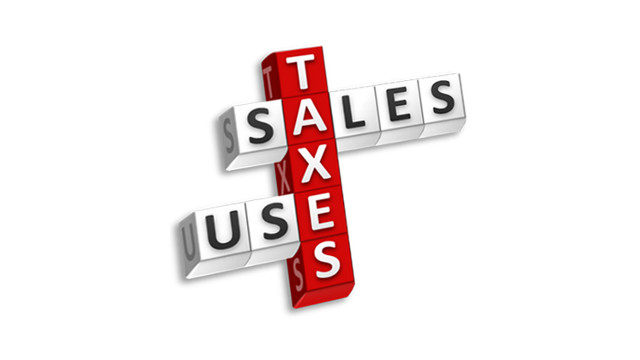Sales Tax
How to Help Your Client or Business Through a Sales Tax Audit
Tax laws continue to evolve and add new complexities to business operations. As a result, stakeholders expect their CPAs or internal tax professionals to be prepared for anything. However, as most accountants know, it is impossible to specialize in ...
Sep. 13, 2021

By Eric Carrasco.
Tax laws continue to evolve and add new complexities to business operations. As a result, stakeholders expect their CPAs or internal tax professionals to be prepared for anything. However, as most accountants know, it is impossible to specialize in every area of taxation or understand the liabilities associated with niche challenges like multi-state sales and use tax regulations.
One day, you might encounter a sales tax audit. Understandably, this can be overwhelming and intimidating to tackle. Here are a few things to keep in mind as you face this hurdle.
Understand Why Businesses Get Targeted for Sales Tax Audits
- Rapid Growth. Some businesses unknowingly neglect their sales tax obligations, especially during periods of increased sales volume or while expanding into new states. Not to mention the physical nexus created by having employees or contract workers in those locations. These fact patterns can trigger a state to investigate proper compliance.
- Customer Sales Tax Audits. If a state audits your customer and an auditor identifies invoices that your business improperly taxed or missed, the state is likely to audit your company.
- Location, Location, Location. Some states are more aggressive with sales tax audits than others. States like California often target small businesses such as Amazon sellers and eCommerce. New York tends to audit for sales tax frequently, and Texas for both sales and franchise taxes. However, nothing is guaranteed, so it is vital to assess the risk wherever there is existing or potential nexus exposure.
Prepare for Potential Liabilities
- Examine the number of sales during the audit period to see where potential under-collection might have occurred.
- Review the sales tax returns during the audit period to ensure sales tax reports reconcile with the returns.
- Be prepared to answer when things don’t line up. For expenses, make sure to have copies of invoices, including purchases made with credit cards. Businesses should generally keep invoice records for all purchases for at least 3-5 years.
Understand State-specific Sales Tax Audit Methods
States typically do not audit a company’s entire books and records. Talk to the state auditor to see what audit method options are available. Many offer a sampling method limiting what the state reviews.
While this is usually a safe approach, audit results for the limited period will be extrapolated for the entire audit period upon the conclusion of the audit. Meaning, if the sample period contains a significant purchase(s) with missing invoice records or a sizable sales transaction with erroneous sales tax, these errors can get magnified.
In addition, while states may allow this method for sales and expenses, they usually do not offer the same for their review of fixed asset purchases.
Establish Proper Sales Tax Compliance Moving Forward
There’s no better time than the present to start complying. If a sales tax audit exposes underpayments or under-collections, it’s essential to prioritize compliance moving forward.
- Even if a single state sales tax audit reveals no violations, be sure to analyze every state for possible economic and physical nexus exposure. Monitor changes in employee locations, sales into new states, and increased transaction volume. Or have a trusted sales tax partner conduct routine multi-state nexus reviews to identify potential red flags.
- Establish a reasonable method to calculate use tax from expenses where sales tax is mistakenly absent.
- If necessary, explore software solutions to automate sales tax calculation with an understanding that it is not a one size fits all solution. Implementing sales tax software has several pros but, without proper expertise during and after implementation, it can lead to costly errors – like incorrect product mapping.
- Consider all areas of tax compliance that may be impacted, like gross receipts, franchise, and other local taxes.
Before hitting the panic button, consider these steps and, when necessary, seek expert advice to help defend or possibly minimize the impact of a sales tax audit!
